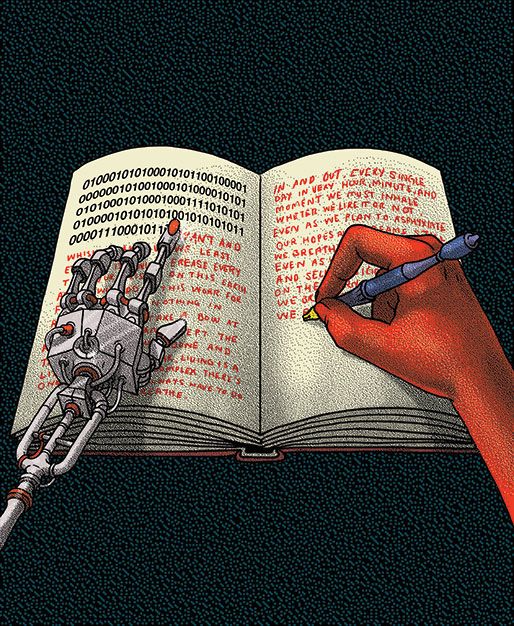If I were to liken Digital Humanities to something, it could perhaps be compared to the butterfly effect. This analogy arises from DH’s potential to represent humanistic studies in our digital age, re-thinking contemporary humanistic methods, and re-approach the preservation of cultural heritage around the world in new ways. Over the past few years, DH has significantly impacted various fields, such as literature, history, and archaeological studies, enabling the exploration of unanswered interrogations through the analysis of big data and the adoption of transdisciplinary approaches. Essentially, it presents itself as a strong candidate for addressing numerous contemporary political missions and duties.
Regardless of how I perceive digital humanities, it appears to me as a silent revolution, akin to the butterfly effect, and reminiscent of Adam Smith’s invisible hand guiding humanistic studies. As the influence of the internet continues to grow, data and networks are becoming integral to the study of society. In other words, the digital realm has already become a necessary tool for human consciousness, especially in this highly interconnected world.
When I compare digital humanities to other disciplines, I can basically say that it is a uniquely evaluative and versatile field. Unlike most traditional disciplines, digital humanities heavily engages with technical tools, offering many opportunities to push the boundaries of what we can discover and how we can consolidate it. In other words, much like humanity itself, digital humanities continuously evolves and adapts, harnessing state-of-the-art technology in data analysis, visualization, artificial intelligence, etc. to provide fresh insights into age-old inquiries.
I feel digital humanities is a thriving, dynamic space that not only reflects on the past but also actively influences contemporary humanities research and addresses touching global issues. Importantly, it calls a collaboration among academics through interdisciplinary exploration, eliminating the boundaries between traditional academic disciplines.
In my view, digital humanities bridge the gap between the humanities and technology, enabling us to re-interpret history, analyze vast corpora of data, and look for more insight into society’s needs in innovative ways. Ultimately, digital humanities is a source of intellectual excitement and a driving force behind the continued relevance and accessibility of the humanities in our modern world.


